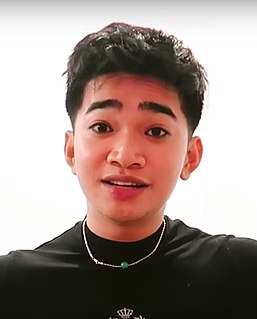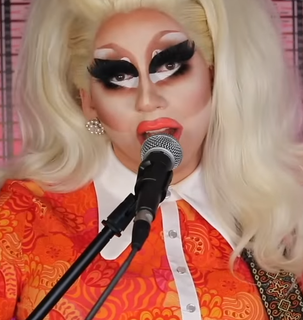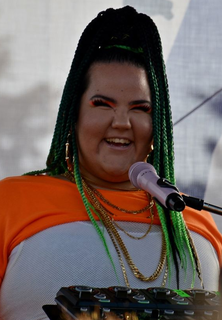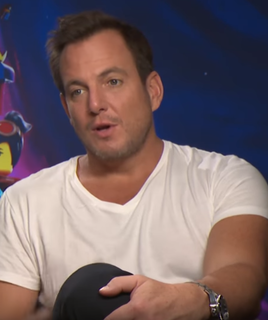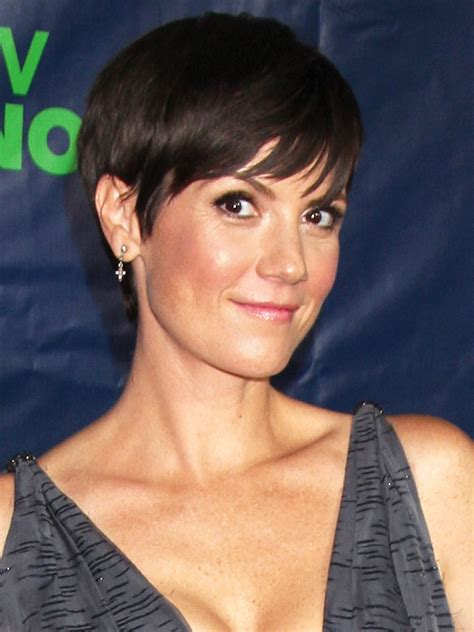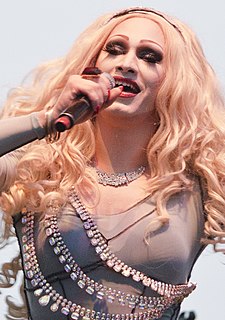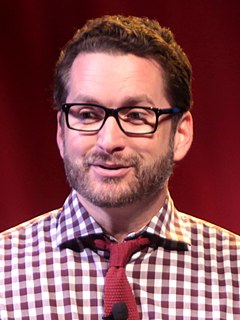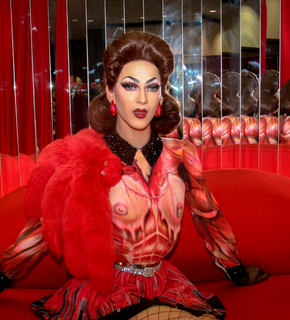A Quote by Jenna Wortham
When 'Drag Race' first began, it seemed like a fun window into an underground culture, but over the nine years it has aired, the show has evolved to reflect America's changing relationship to queer rights and acceptance.
Related Quotes
I have watched every episode of 'RuPaul's Drag Race'... I know a bizarre amount of drag queens now. And it's weird because one of the guys that drives my tour bus in America drove the drag queen show before me, and I used to just sit there and hear all the stories so I could go tell my girlfriend because I knew what a big fan she was.
I hope people realize that drag queens and queer people, we're not just archetypes and stereotypes. We're human beings with a lot to share. And a drag queen doesn't have to just be a clown, she can also be like a cooking TV personality or like a DJ, or a talk-show host. We should be able to infiltrate TV everywhere.

